|
"Independent Scholars" are one of the three groups of people this website is designed to help. These scholars are people who may not be in a traditional research position, but they are people who still have a passion, or mission that drives them. Like this guy. Successful people sometimes talk about their "Big Break." The moment that made the big difference in their life. What's rare, however, is to see to a successful person who mainly had "Bad Breaks." Meet the great Charles Henry Turner. Many discoveries about how insects communicate with each other and how they think come from the crazy-creative, shoe-string experiments and research papers of Turner. Born in 1967 -- right after the Civil War -- Turner was a standout zoology student at the University of Cincinnati and is thought to be the first African-American PhD graduate from the Univeristy of Chicago. Despite this and a strong early publication record, he was never able to find a University professorship and instead taught high school biology in St. Louis until passing away at 56. There's not any record of him complaining about being overlooked, passed over, or not having a Big Break. He was too busy. He kept his passion -- stayed the course of the mission he saw for himself. For 30 years he continued to think to ask out-of-the-box research questions -- like, can insects hear? -- and then design of ingenious experiments to test his ideas. He would then spend his nights and weekends collecting data and writing scientific papers that were published is some of the best journals in his field. Still, no university every hired him. No big break, mainly bad breaks. Still he didn't complain, he kept working, and he kept his "eyes on the prize." That seems to be his super power and why 100 years later he stands so tall above those hundreds of nearly forgotten others who were hired instead of him. There's an inspiring article on him in the Jan/Feb 2024 American Scientist.
0 Comments
|
Welcome...Tips for PhDs is a how-to community that helps us share our best practices as PhD students, new professors, and independent scholars.
Helpful tools and tips on how to graduate, get tenure, teach better, publish more, and have a super rewarding career.
Relevant Posts
All
Some Older PostsArchives
April 2024
|
||||||
Share Your Insights and IdeasWhat have you created or found that's been useful and could be helpful for other PhD students, new professors, or independent scholars?
Send an email to [email protected] if you have something you think would be useful to share with others on this website, or if you have ideas on how to make this more useful to you or your students. |
Stay in touch |
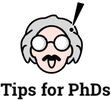
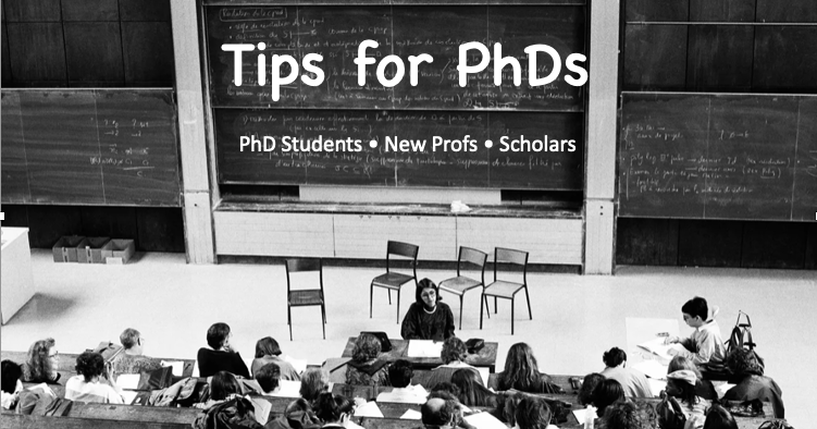
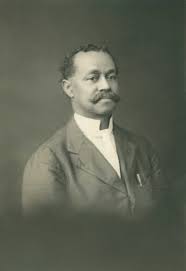
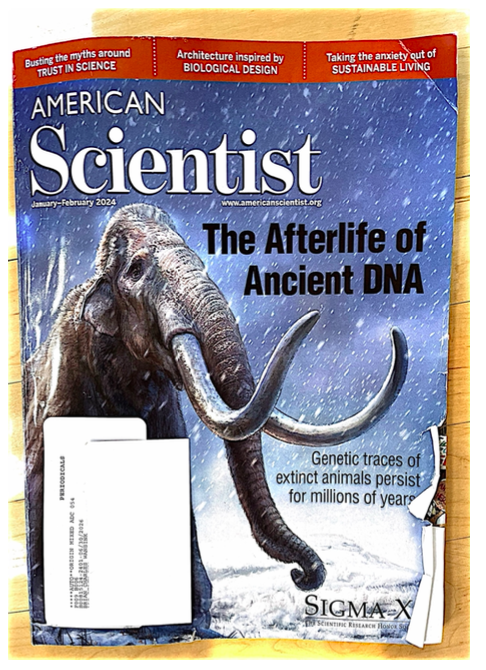
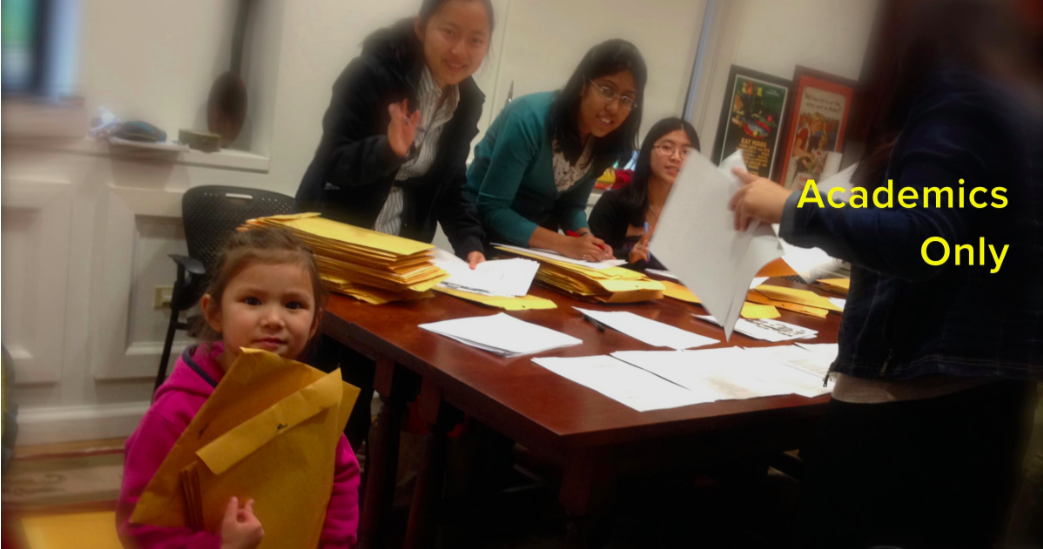
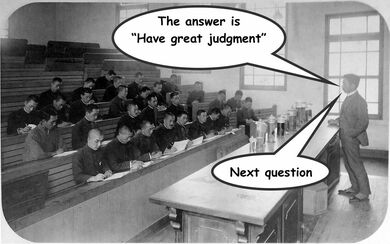
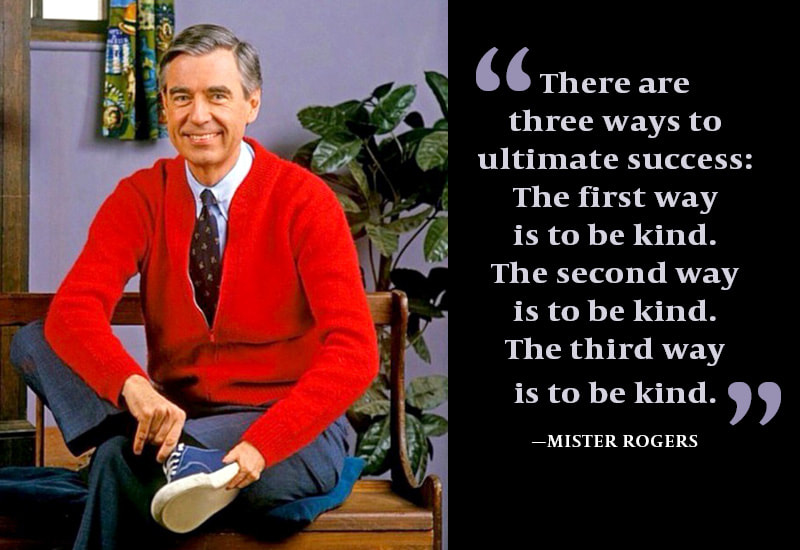
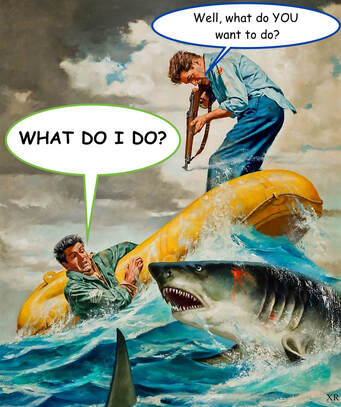
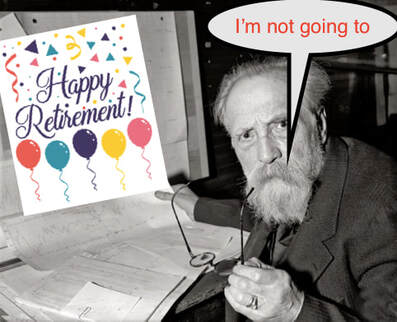
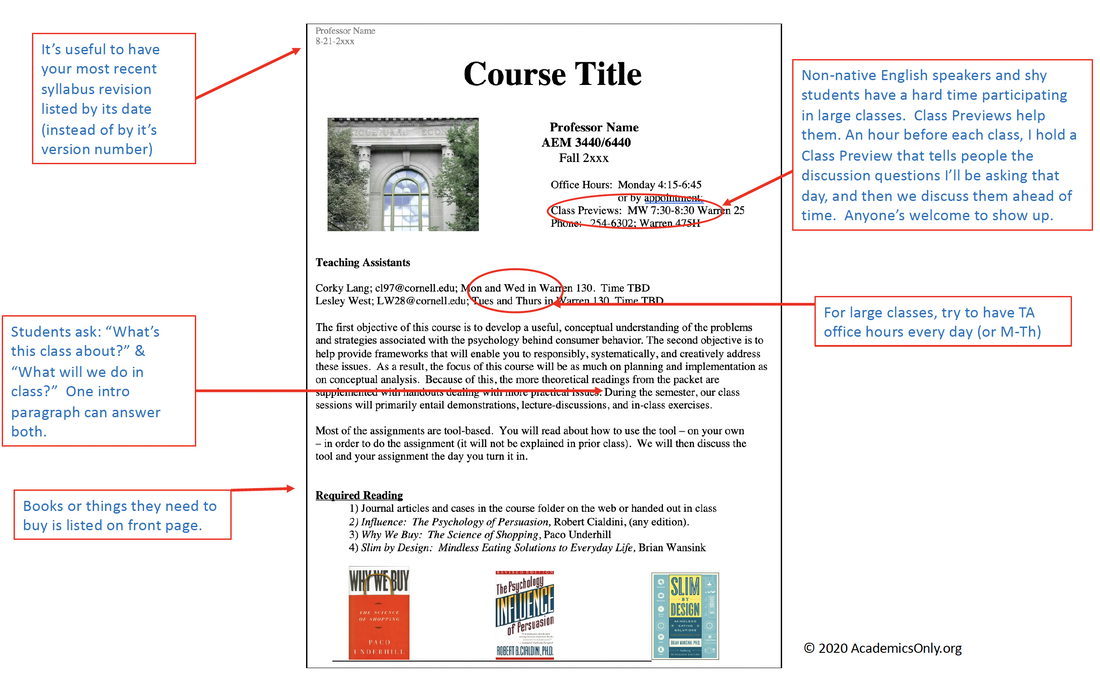

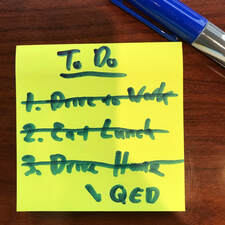

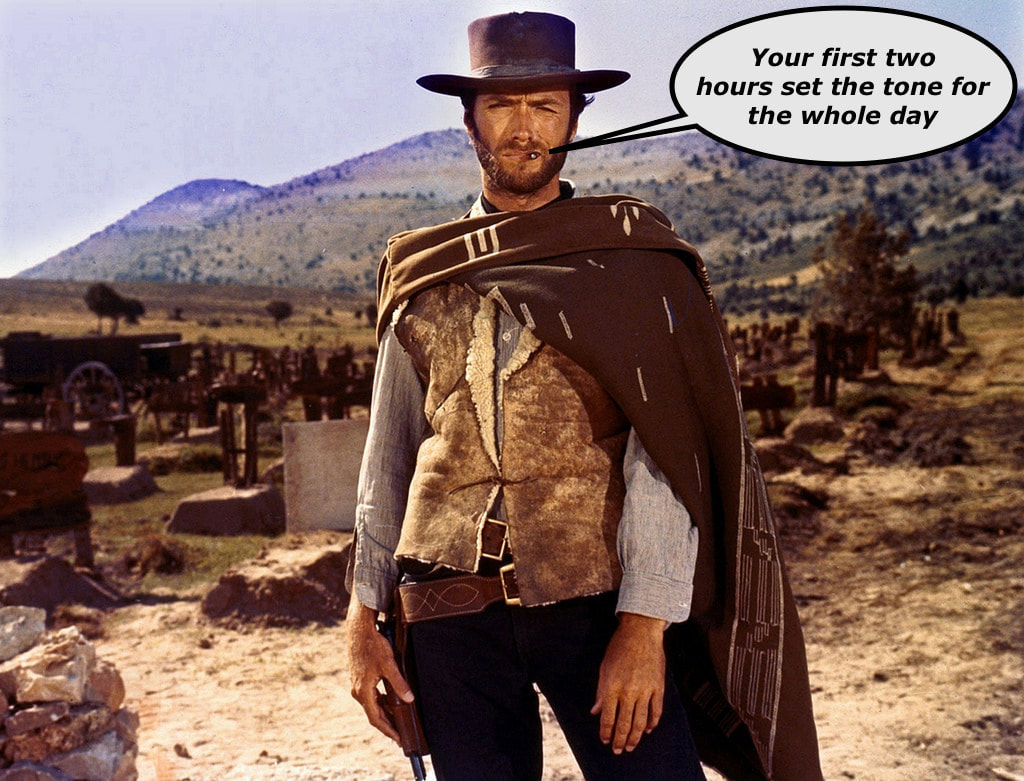
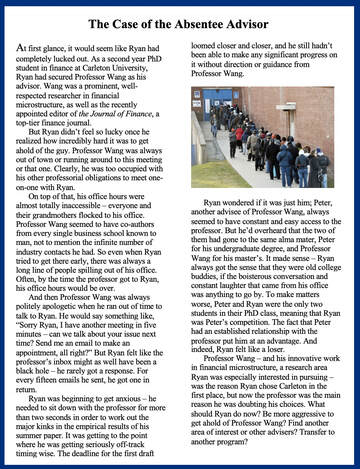
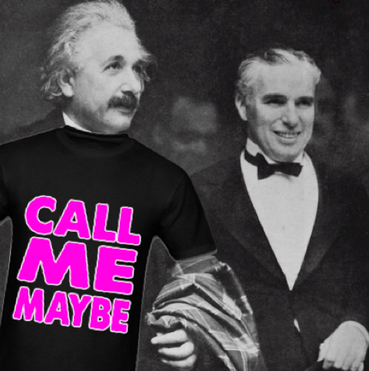


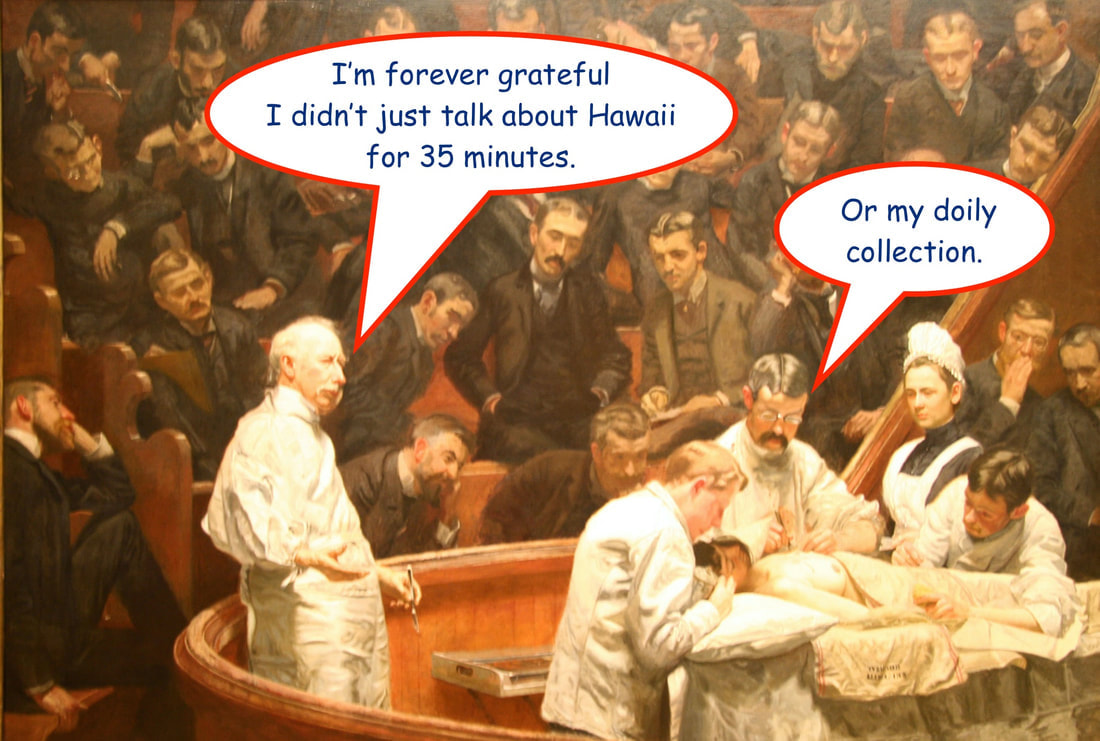
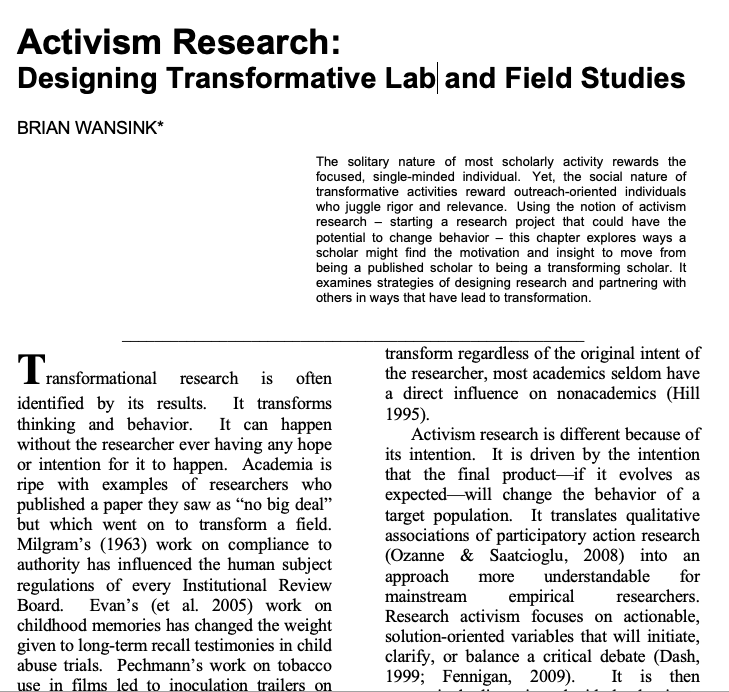
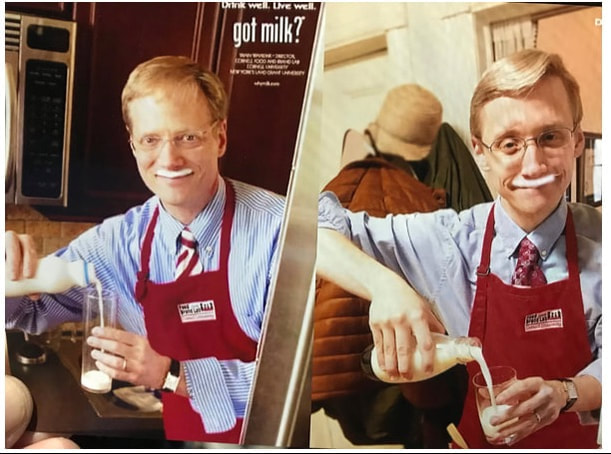
 RSS Feed
RSS Feed